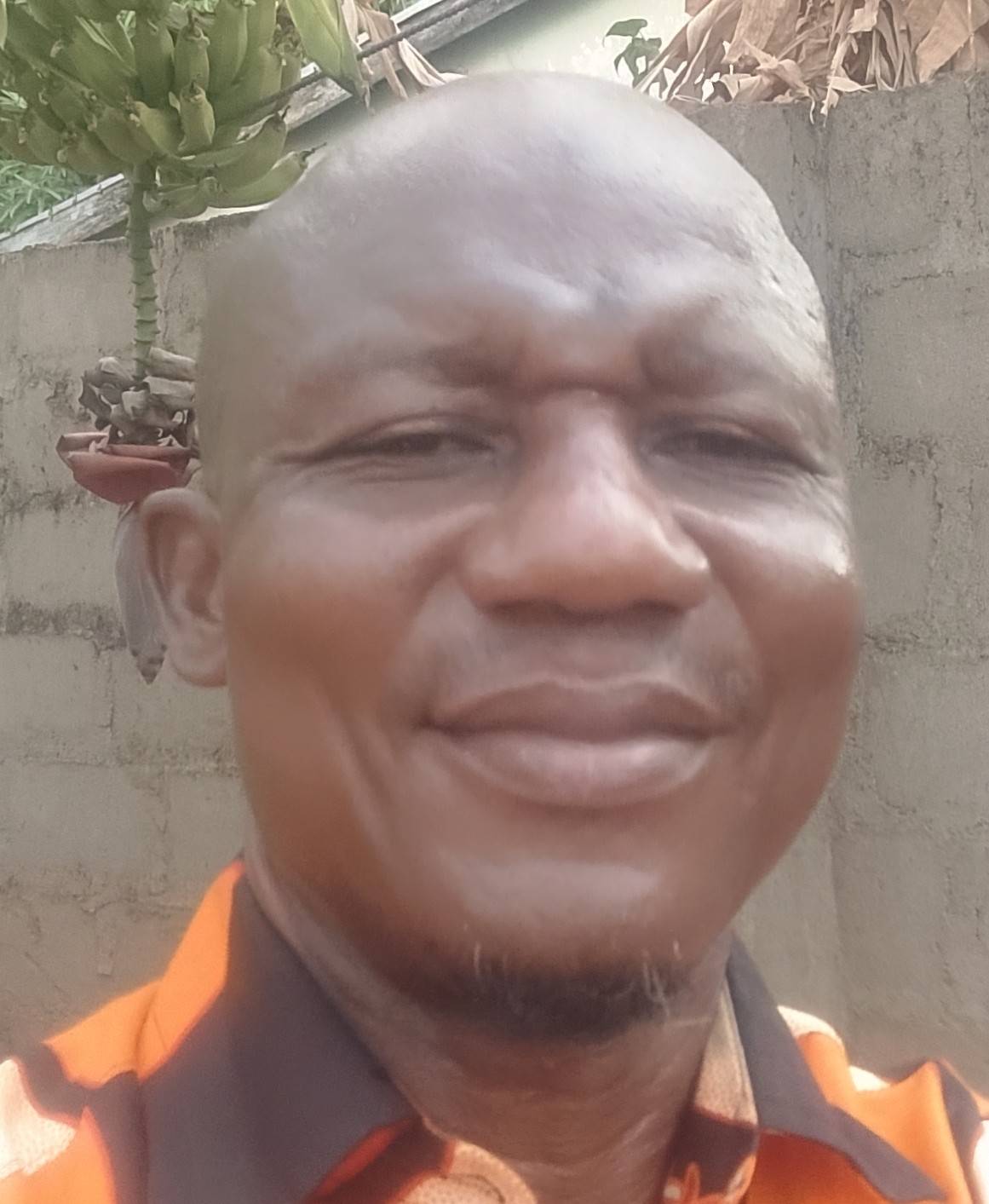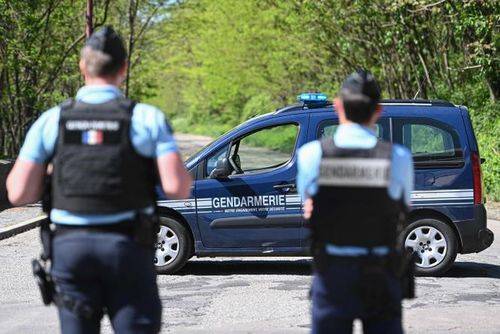French Mosque Attack Provokes Outrage, Suspect Detained amid Thousands of Anti-Islamophobia Protests
A brutal stabbing inside a mosque in southern France has provoked nationwide outrage and more focus on spreading Islamophobia. Murdered was 22-year-old Aboubakar Cissé, a Malian-born carpenter who was a volunteer in the community and was stabbed while praying alone at the Khadidja Mosque in La Grand-Combe, a small town just outside of Alès.
The 21-year-old French attacker, Olivier A., reportedly broke into the mosque in the early morning hours on Friday and stabbed Cissé a number of times with a knife. Witnesses and police indicated the attacker filmed the attack and screamed anti-Islamic slurs as he carried out the attack. Cissé was discovered dead by other congregation members who showed up for early morning prayer.
The attack came at the end of a three-day manhunt. Authorities had explained that the assailant had traveled across the border and turned himself in to Italian police in Pistoia, Italy. Prosecutors in France are treating the murder as an act of hatred, referencing the nature of the attack, video evidence, and the victim's religious belief as key elements to their investigation. The accused have shown interest in violence and in seeking public exposure, reports stated.
The attack was universally condemned by French authorities. President Emmanuel Macron issued a public statement that there is no room for racism or hatred in France, promising that justice will be served. Prime Minister François Bayrou also condemned the attack as an unequivocal act of Islamophobia and called for solidarity and calm as tensions in the country escalated.
Afterwards, thousands marched in protests against Islamophobia. Over a thousand mourners marched silently in La Grand-Combe in honor of Cissé, with signs that had the words "Justice for Aboubakar" and "Stop Islamophobia." Vigils and protests also took place in Paris, Marseille, and Lyon, where numerous people were demanding tighter legal and political protection to prevent hate crimes against Muslims.
Leaders within France's Muslim population responded with outrage and despair following the attack. Mohammed Moussaoui, the leader of the French Muslim Council, condemned the government's response by questioning how an anti-terrorism investigation had not been launched. He also emphasized the growing fear among French Muslims who more and more feel targeted in the past three years. His cousin concurred with his perspective, calling the assassination a terrorist attack and one clearly driven by religious intolerance and premeditation.
In return, the French government has ordered heightened security measures at mosques and other Muslim centers of community across the nation. Apart from that, authorities promised heightened legislation for hate crimes and heightened surveillance on extremist threats. Muslim leaders and civil rights organizations, however, contend further structural change is needed, including education, legal reform, and increased political accountability.
While the hunt continues and the suspect waits to be extradited to France, Cissé's killing has been at the center of a heated discussion on religious liberty, race, and integration. To most individuals, it is the latest example of how deeply ingrained prejudice can culminate in such a sad outcome.
Cissé, who was cherished by his people as kind, humble, and devoutly religious, is now a symbol of resistance to hate. His death has rallied Muslim and non-Muslim citizens alike to demonstrate for a more inclusive, equitable France where religious identity does not make one susceptible to violence.




No comments yet
Be the first to share your thoughts!